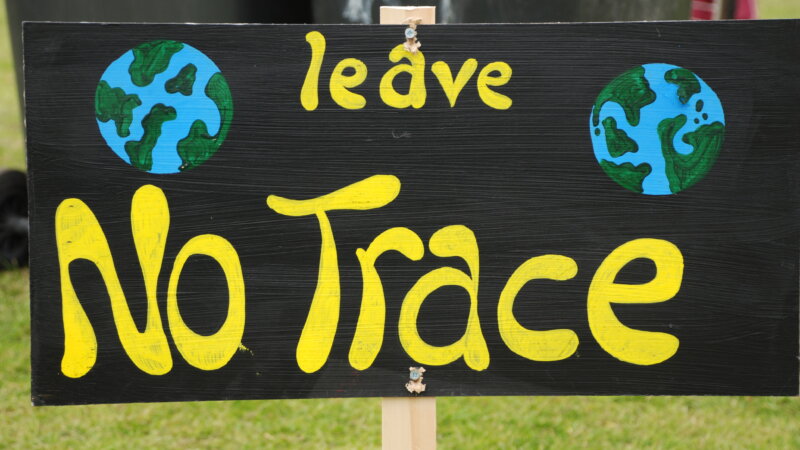Radical Tourist
Part 3: Finding Clues to the Future
Steve bounds up to me wearing incongruous mirror shades. “Jeff Lynne?” I tease him. “Purely research, my friend. They’ve got GPS and a head-up display.” I’m confused, as he’s always seemed hostile to the hi-tech. “Come with me,” he continues. “We’re going to the future.”
His language reminds me of how people used to talk about the future, a brave new world of posterised colours and Festival of Britain voiceovers. Steve promises to show me how to predict the future. “It’s all about looking for clues, following the logic,” he says. “Look at the buildings that are in the process of falling down, and the ones that are still being built. Look at who uses those buildings, and there’s the future.” He gestures to a row of recently completed student flats with electric gates. “No street frontage, nothing happening at all. The more of these that are built, the quieter the streets become. A quiet city.”
He has a point. Some older buildings are enjoying new leases of life, as Leopold Square did a few years ago, while others are in limbo, waiting to be rescued or demolished, like the Salvation Army Citadel behind John Lewis. Some new buildings still have the box-fresh scent of the purpose their designers intended, but many carry ‘To Let’ signs above empty windows. “The site hoardings prepare you for the kind of future these places will land in,” explains Steve. “Look at this one. ‘Building for the Professionals of the Future,’ it says here, but what are they doing in the pictures? Sitting at clean tables, drinking takeaway coffee. No books, no notes, no tools - just coffee. Caffeinate, contemplate, profit. We’re hanging on to that 50s vision of a future of leisure, and pulling down the little workshops to make room for it. Where are the buildings for people to actually do stuff in?”
“OK,” I ask, “So how does this relate to your satellite sunglasses?” I’ve opened a can of worms. “I see people walking along, not looking at the streets but at their smartphones. Maps, satnavs, guide books - I’ve always seen them as cheat notes. If you can manage without them, you’ll learn a whole lot more. They stand between your brain and the place you’re in. They translate it for you but they also conceal it from you. Are these glasses telling me what I can already see or giving me a new layer of information? Can I concentrate on the real world when I’ve got subtitles? That’s what I’m trying to work out.”
He spins around. “Now look at these hipsters. They're not looking at the street at all. They're not seeing. The hipster’s on the wane. High-functioning clothes for walkers, runners and climbers are taking the place of vintage drainpipes and pumps. That’ll change the way people move about. I know people who run to work now. That was unheard of five years ago. Carry that trend on a bit, and running will be a mode of transport, and the shops and gadgets that cater for them will flourish. I went to Russell’s Bike Shed at the railway station. That one place can change the way people travel. You can park your bike and get it fixed at the same time.”
Ever the idealist, Steve suggests that all this running and cycling points the way to a car-free Sheffield. Most of the city's car parks are in amongst the buildings that are dying, marking the shallow graves of former buildings. “Imagine how much space we’d have for other things if it wasn’t for storing cars,” Steve waves his arms expansively. “Pocket parks, playgrounds, flea markets, some new buildings. The main reason that doesn’t happen is that car parking makes shed loads of money, so the landowners really want people to bring their cars here. Change the real estate economics a bit and we could have whole new sets of interesting spaces. To me, that’s what the future looks like.”
We part company as he unchains his bike by a plot off Carver Street that has been vacant for well over ten years. I watch him head off across Charter Square, dodging the traffic that jostles its way between unloved buildings from the 60s and 70s. The future looks a long way off to me.
@andrewthewood )







